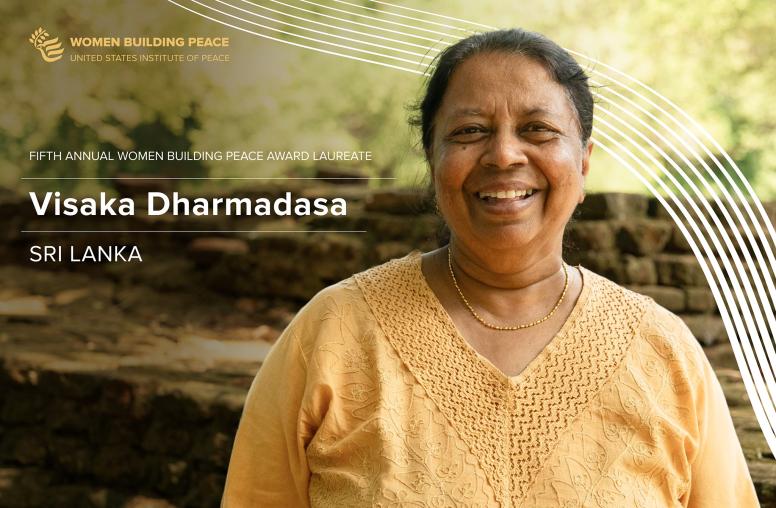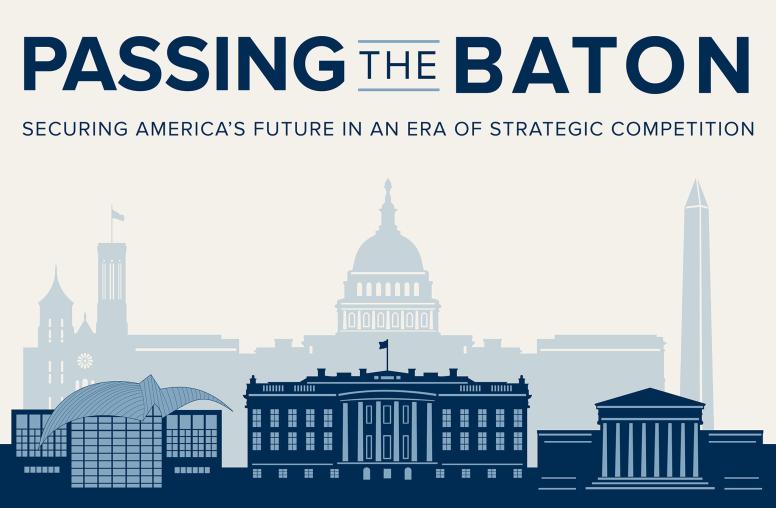USIP Press Releases Voting in Fear
For Immediate Release
Contacts:
Kay Hechler, 202-429-3816
Steven Ruder, 202-429-3825
(Washington)—Eighteen African countries held presidential, primary, or legislative elections in 2011. Eleven of these experienced violence that ranged from low-level intimidation and harassment to violent displacement and death. In “Voting in Fear: Electoral Violence in Sub-Saharan Africa,” a new volume published by the United States Institute of Peace, editor Dorina Bekoe and nine contributors address the causes of electoral violence and strategies for preventing it.
“Voting in Fear” documents the scope and nature of electoral violence in Africa, investigates the forms such violence takes, and analyzes the stakeholders, structures, and strategies that can precipitate or prevent it. In distinguishing between elections that saw violence from those that did not, the case studies demonstrate the high risks posed by close elections, a state’s declining economic fortunes, and weak institutions.
The book makes a major contribution toward a unified theory of electoral violence as a specific phenomenon, distinguished by its timing, perpetrators, victims, objectives, and methods, and it offers pioneering research that
- describes the incidents, patterns, and scope of electoral violence in sub-Saharan Africa since 1990;
- accounts for how democratization, political economy, and institutional capacity and structure affect the probability of electoral violence;
- considers the impact of patronage resources on electoral politics;
- cautions against reliance on postelection political agreements that do not include institutional reform;
- acknowledges how the payoff from electoral violence encourages its emergence;
- identifies critical interventions that can mitigate electoral violence.
“While this phenomenon happens in other regions,” says Bekoe, “the book’s focus on Africa—Nigeria, Sudan, Zimbabwe, Cote d’Ivoire, Kenya, Ethiopia, and Ghana, specifically—is an opportunity to study electoral violence among a group of countries that have come of age and embarked on democratization at roughly the same time.”
The book also introduces the only known dataset of electoral violence in Africa, compiled by Straus and Taylor, spanning from 1990 to 2008. “The African Electoral Violence Dataset (AEVD) allows scholars and policymakers to determine the frequency, intensity, scope, and nature of electoral violence in Africa over eighteen years,” states Bekoe.
“Voting in Fear” shows that electoral violence has distinct patterns and that by recognizing them, policymakers, civil society activists, and scholars can devise strategies to mitigate—and even prevent—its occurrence.
ABOUT THE EDITOR
Former senior research associate in the Center for Conflict Analysis and Prevention at USIP, Dorina A. Bekoe, specializes in African conflicts, political development, institutional reform, electoral violence, and peace agreement implementation. She is currently a research staff member with the Africa Program at the Institute for Defense Analyses.
ABOUT THE UNITED STATES INSTITUTE OF PEACE
The United States Institute of Peace is an independent, nonpartisan conflict management center created by Congress to prevent and mitigate international conflict without resorting to violence. USIP saves lives, increases the government’s ability to deal with conflicts before they escalate, reduces government costs, and enhances national security. USIP is headquartered in Washington, DC. To learn more visit www.usip.org.
Voting in Fear: Electoral Violence in Sub-Saharan Africa
November 2012
United States Institute of Peace Press
300 pp. • 6 x 9
$22.50 (paper) • ISBN: 978-1-60127-136-5



